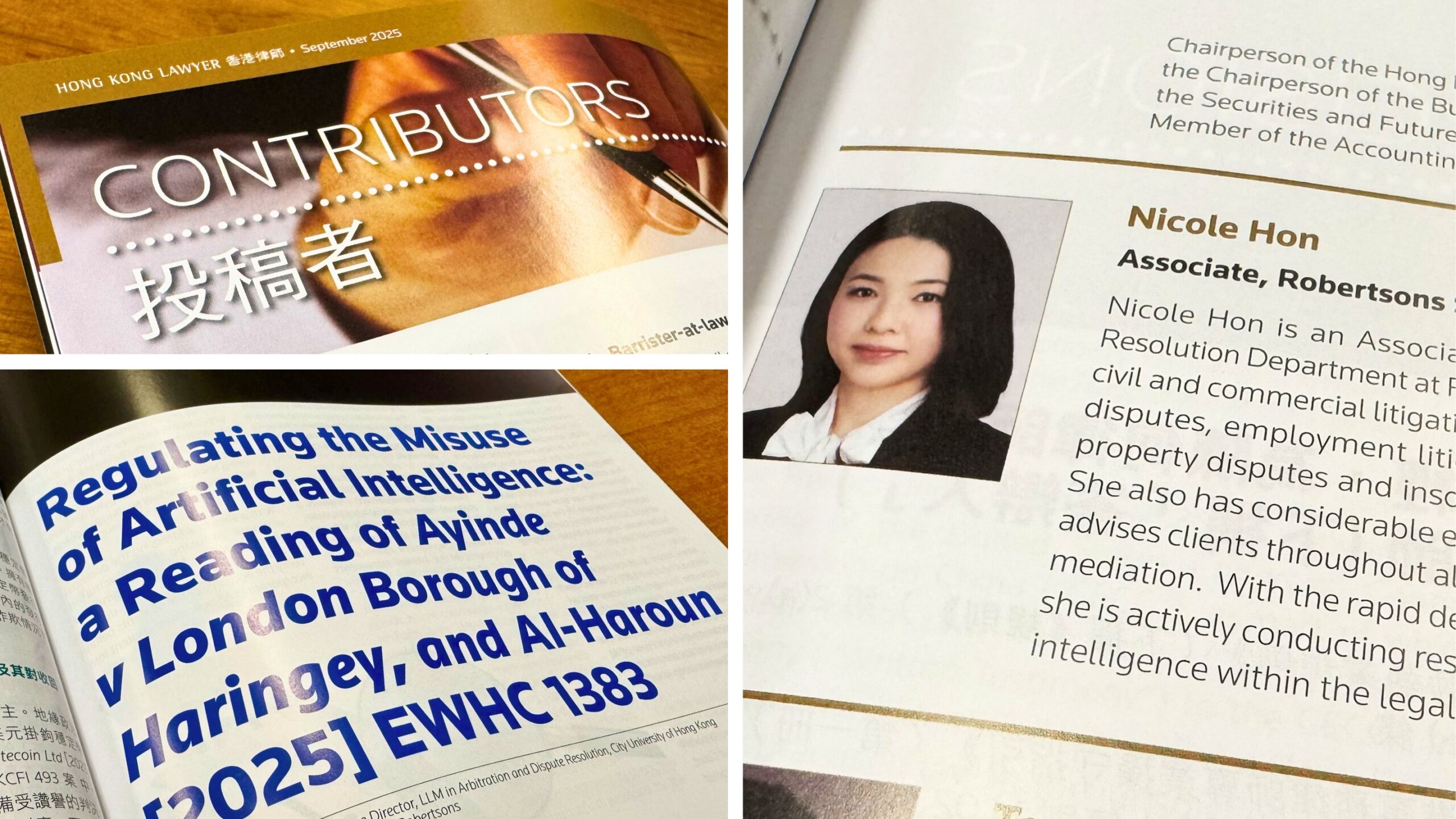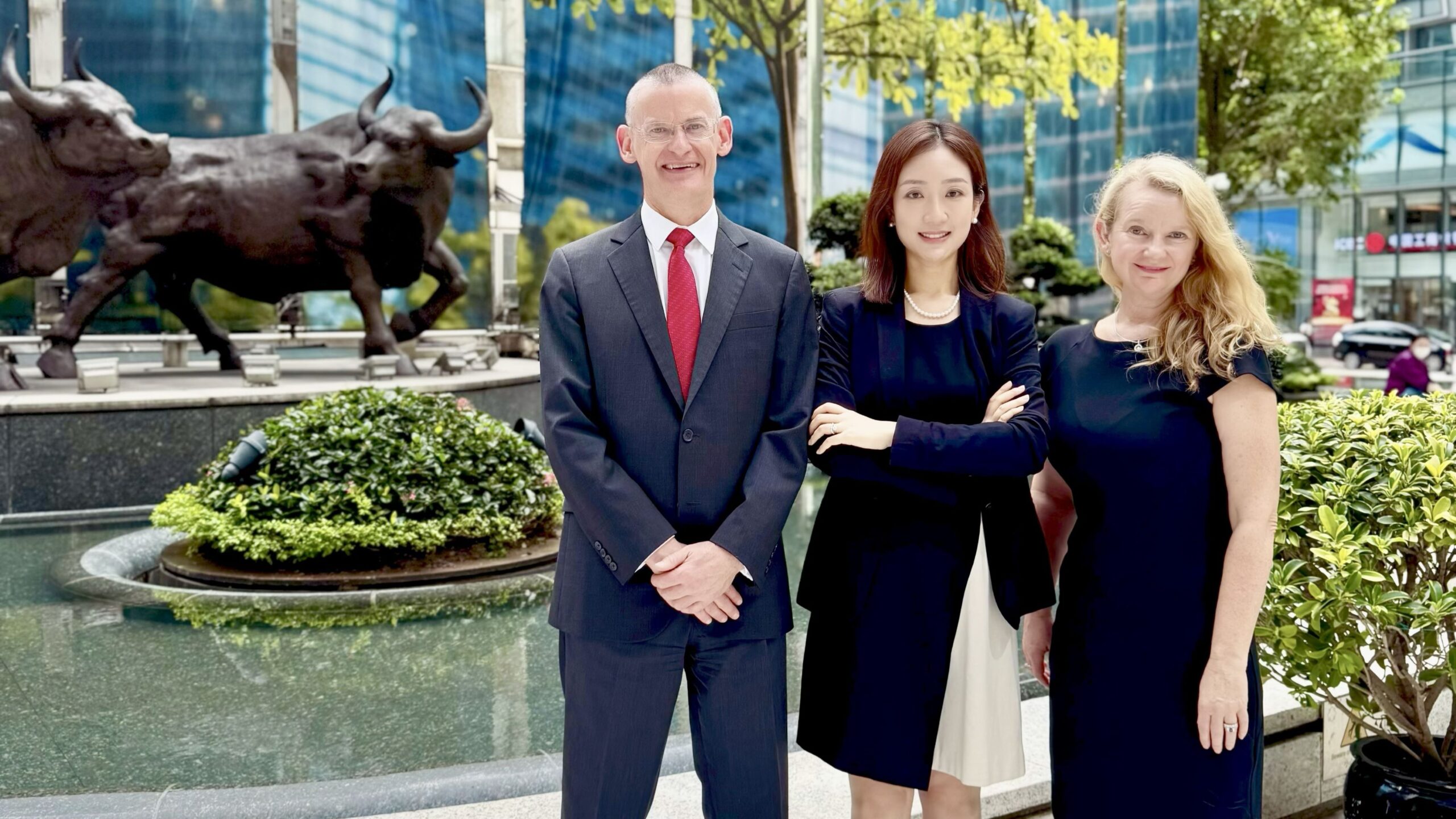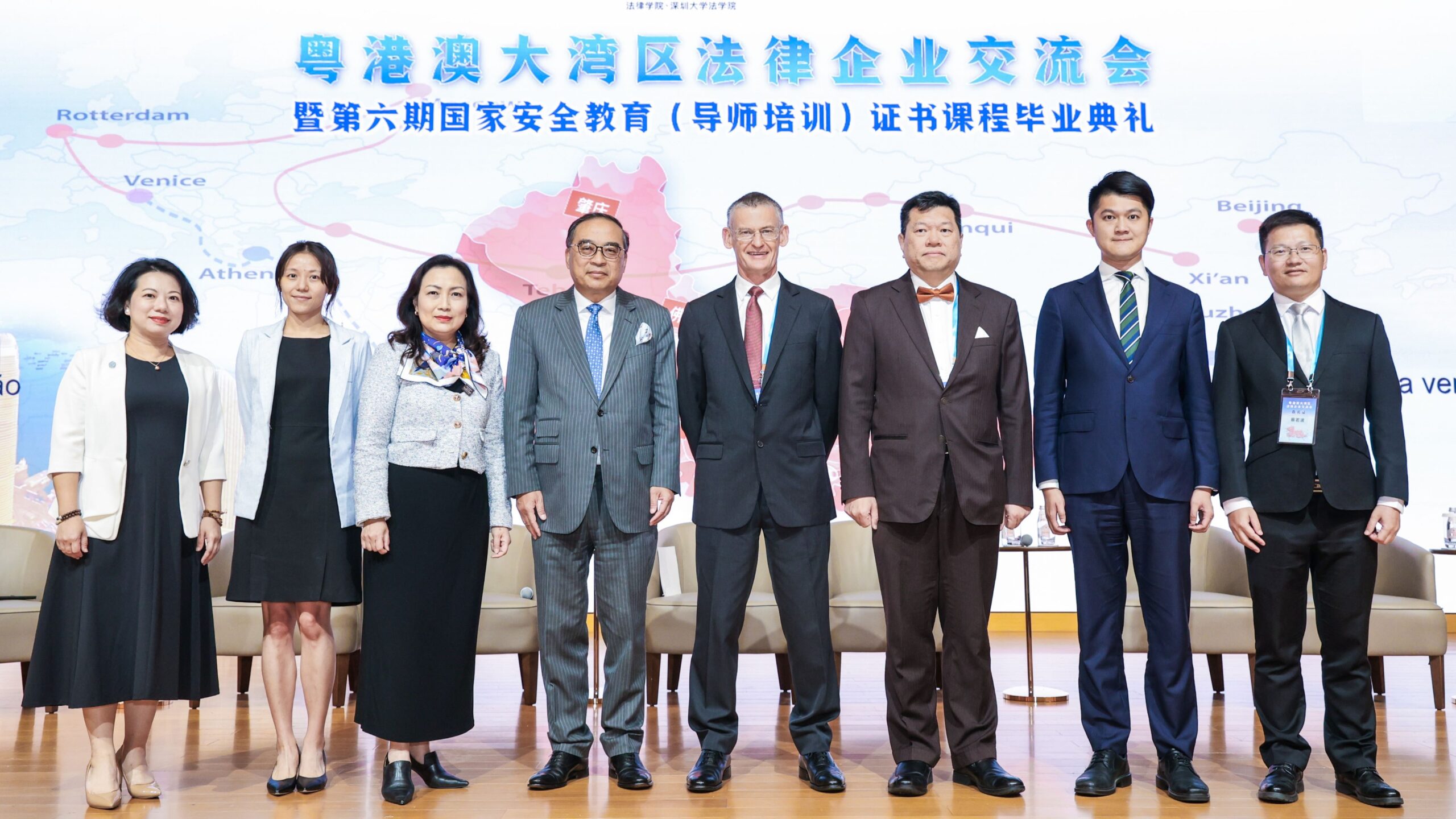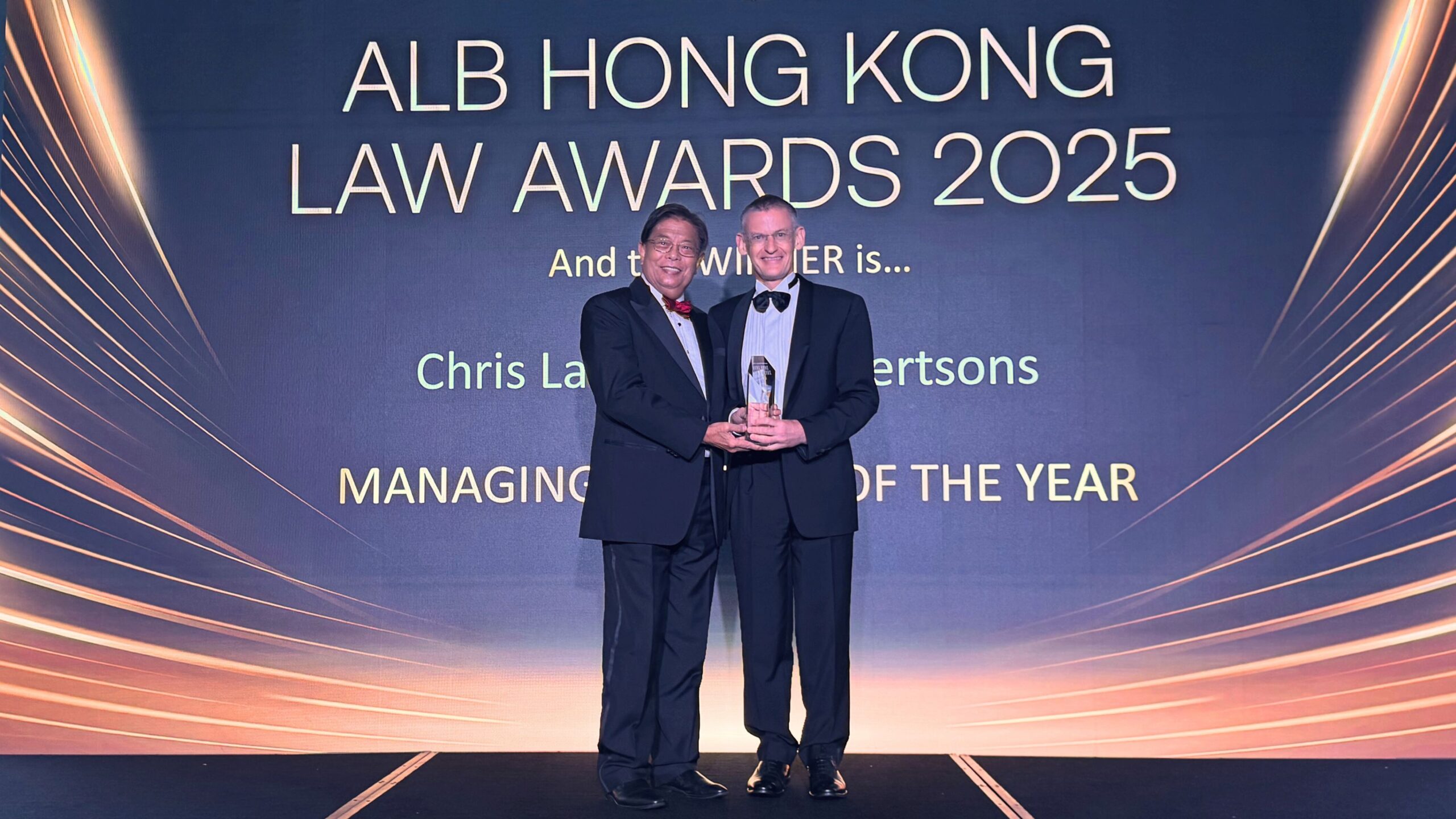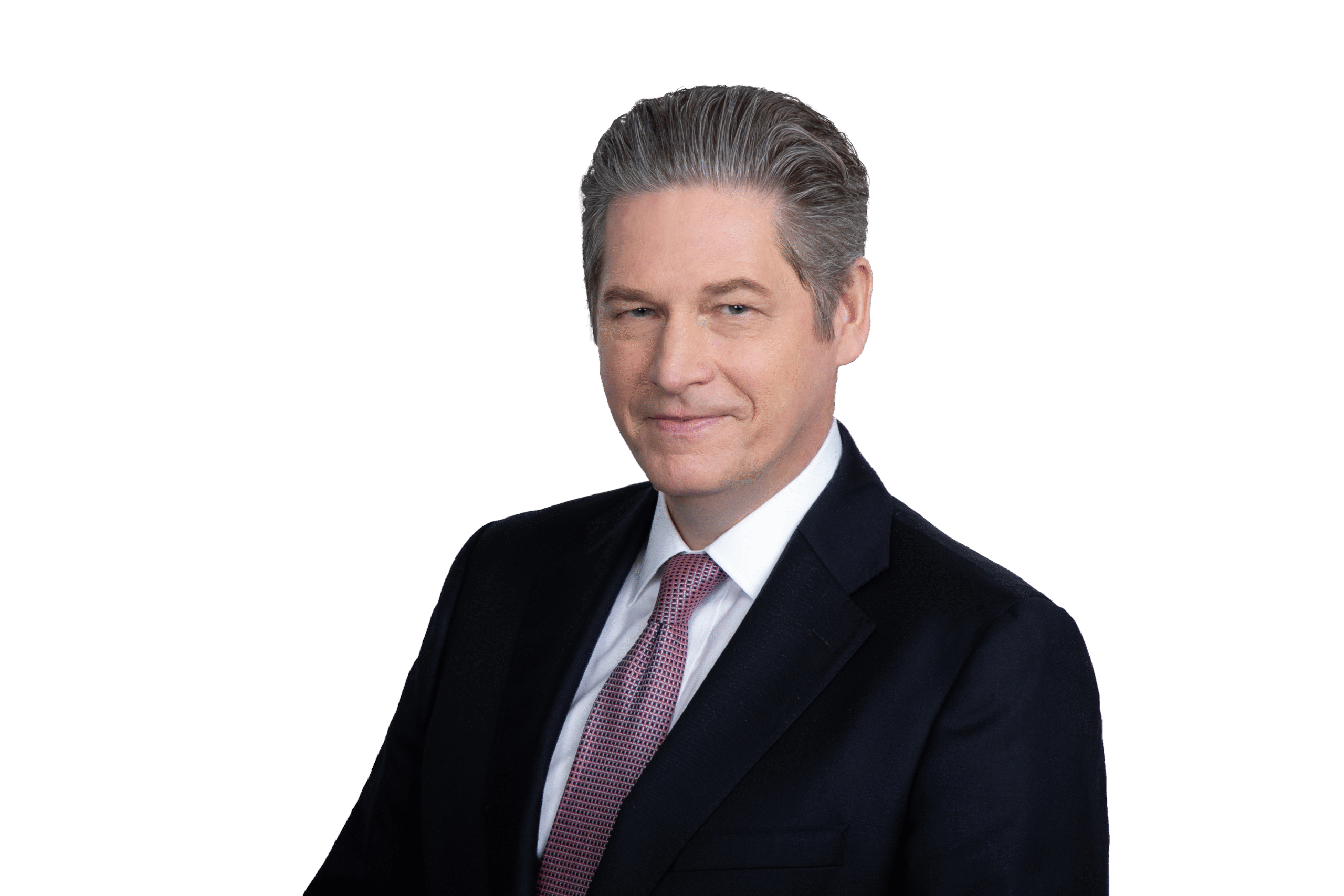Striking a balance on privacy protection: the recent judgment of Court of Final Appeal in Choy Yuk Ling
June 30, 2023
The recent judgment of the Court of Final Appeal in Choy Yuk Ling1 rekindles the controversial episode in recent Hong Kong history of the attack in Yuen Long that took place on 21 July 2019 (the incident of which is commonly known as the “7.21 Incident”).
Whilst the judgment is confined to the facts of the case and the narrow ambits of legislation – relating to access to car registry records under the Road Traffic Ordinance (Cap. 374) – the judgment underlies the strength of the rule of law in Hong Kong.
Choy was a reporter and she produced a documentary on the Yuen Long incident which was critical of the police and raised a number of questions. As part of her research for the documentary, she obtained some car registry records from the Transport Department but she was prosecuted for making false statements to obtain relevant records as it was held in the lower courts that her real reason for obtaining those records was for investigative journalism which does not fall within the purpose selected by her in her application as “[o]ther traffic and transport related matters” and which was held to constitute a false statement. She was found guilty and fined HK$6,000 in 2021.
In Choy Yuk Ling, five judges from the Hong Kong Court of Final Appeal unanimously overturned Choy’s conviction. We summarise below details of the case.
Background
The appellant wrote and directed a documentary entitled “Hong Kong Connection – 7.21 Who Owns the Truth” for Radio Television Hong Kong. The documentary relates to the Yuen Long incident and it was broadcasted on television on 13 July 2020. In the documentary, a CCTV clip showed that white clad men were collecting bamboo sticks or canes from a vehicle with a car plate of LV755 in Yuen Long on the night of the incident.
After the incident, Choy applied for and obtained two Certificates of Particulars of Vehicle in relation to the vehicle with car plate number LV755 through an online application form so that she can approach and interview the owner of LV755. The certificates for LV755 revealed that it was purchased by a Mr. But Yu Sang and the registered address was that of a company named Prosperous Property Development. As a result, Choy interviewed Mr. But and included in the documentary an excerpt of the telephone conversations between Mr. But and her, as well as a footage showing the English name of Prosperous Property Development.
However, out of the three options2 available during the online application process, Choy selected the “[o]ther traffic and transport related matters” as the purpose(s) of her applications for the two certificates. She was charged with two counts of knowingly making a false statement to obtain a certificate, contrary to section 111(3)(a) of the Road Traffic Ordinance (Cap. 374) (“Ordinance”). It was held in the Magistrates’ Court and the Court of First Instance that her real reason for obtaining those records was for investigative journalism which does not fall within the purpose selected by her, namely “[o]ther traffic and transport related matters”. Accordingly, Choy was convicted by the magistrate in 2021 and her appeal was dismissed by the judge based on the same reasoning.
The offence
The centre of this appeal concerned whether Choy knowingly made any false statement(s) in a material particular for the purpose of obtaining the certificates, contrary to section 111(3)(a) of the Ordinance and the role of the Commissioner for Transport as set out in regulation 4(2) of the Road Traffic (Registration and Licensing of Vehicles) Regulations (Cap. 374E) (“Regulations”).
Relevant provisions are set out below.
Section 111(3) of the Ordinance
“A person who, for the purpose of—
(a) obtaining any driving licence, vehicle licence, permit, certificate or other document under this Ordinance;
(…)
knowingly makes any statement which is false in a material particular commits an offence and is liable to a fine at level 2 and to imprisonment for 6 months.”
Regulation 4(2) of the Regulations
“The Commissioner shall, on payment of the fee prescribed in Schedule 2, supply to any person making application for any particulars in the register in respect of a vehicle a certificate stating such particulars.”
The issues
The Court of Final Appeal considered the following two questions of law:
“Question 1
Under regulation 4(2) of the Road Traffic (Registration and Licensing of Vehicles) Regulations (Cap. 374E), can the Commissioner for Transport refuse to supply a certificate to an applicant on the ground that the applicant’s purpose of the application is not connected with ‘traffic and transport related matters’?
Question 2
If the answer is yes, then how should the phrase ‘traffic and transport related matters’ be construed? In particular, does it include an applicant’s journalistic investigation into or involving the use of a vehicle on the road?”
Materiality
On the first question, the Court considered whether the Commissioner for Transport has discretion to refuse to supply a certificate to an applicant on the ground that the applicant’s purpose is not related to “traffic and transport related matters”. In other words, whether the applicant’s purpose of seeking the certificate is relevant to the application.
The appellant sought to argue that the Commissioner for Transport has no power, as a matter of law, to refuse to supply a certificate on the ground that an applicant’s purpose of application is not connected to “traffic or transport related matters”. As such, the argument runs, even if Choy’s statement is false, such false statement will not be material for the purpose of section 113(1)(a) of the Ordinance.
The Court rejected the appellant’s argument. The Court considered the meaning of regulation 4(2) of the Regulations as well as its legislative history. In particular, the Court noted that the certificate of vehicle particulars may include personal data which is entitled to protection pursuant to the Personal Data (Privacy) Ordinance (Cap. 486) (“PDPO”). The Commissioner is a data user within the meaning of the PDPO and should manage personal data kept by him responsibly. Therefore, regulation 4(2) should not be construed literally as imposing an absolute duty on the Commissioner to supply vehicle particulars, which would undermine the right of privacy of the vehicle owners and the right of the Commissioner to control the dissemination of that information.
It was held that, on proper construction of regulation 4(2) of the Regulations, an application must be made to the Commissioner to obtain the certificate. It was therefore relevant for the Commissioner to require an applicant to state the purpose of the application to protect personal data including the registered owner’s name, address, and identity document contained in the certificate. As such, since the purpose of the application could affect the Commissioner’s decision whether to issue the certificate or not, the appellant’s statements as to the purpose of her applications were material.
Falsity and knowledge
Falsity
On the second question, the Court of Final Appeal considered the construction of the phrase ‘traffic and transport related matters’ and whether it includes the applicant’s journalistic investigation into or involving the use of a vehicle on the road.
For the issue of falsity, the process of application to obtain a certificate was of central importance to this appeal. In the online application process, if an applicant does not select one of the three options available as the purpose(s) of application, the applicant cannot proceed with the application.
The Court concluded that, the phrase “relating to” should be construed widely and broadly such that the sub-category of “[o]ther traffic and transport related matters” must be understood to be a catchall for any other activities which related to traffic or transport matters. There was no obvious reason to restrict that category to a traffic or transport related use of the vehicle by the person applying for the certificate himself.
Giving effect to the principle against doubtful penalisation and the constitutionally protected freedom of speech and of the press, the Court concluded that the appellant’s purpose of using the vehicle particulars to conduct an interview with the registered owner for a journalistic investigation of the owner’s connection to individuals involved during the incident falls within the meaning of “[o]ther traffic and transport related matters” as a catchall category. Accordingly, it was held that Choy’s statement was not false.
Knowledge
Besides, the offence under section 113(3)(a) requires the appellant to have “knowingly” made a statement which was false in a material particular. Therefore, it is necessary for the prosecution to establish mens rea on the part of the appellant.
The appellant argued that the phrase “[o]ther traffic and transport related matters” being inherently broad, Choy could legitimately believe her purpose “to find out who was using the vehicle on the road to transport weapons or suspected assailants to commit a suspected crime” as part of her journalistic work fell within the meaning of that phrase. It was also noted that there was a history of journalists applying for certificates of vehicle particulars for journalistic purposes.
The Court held that, even assuming the appellant’s statement is false, it was not an irresistible inference that the appellant had knowingly made a false statement. Since the phrase “[o]ther traffic and transport related matters” was not clear and unambiguous, it was possible that the appellant had been honestly mistaken in thinking that her journalistic purpose was included under such phrase. Accordingly, the Court of Final Appeal found that grave injustice had been done to Choy in drawing the inference that she knowingly made a false statement.
In the circumstances, whilst the first question was decided in favour of the prosecution, the issue of falsity and knowledge was decided in Choy’s favour. The Court allowed the Choy’s appeal and quashed her convictions of the two offences.
Conclusion
Whilst the judgment of the Court of Final Appeal demonstrates the independence of the judiciary and the rule of law in Hong Kong, nonetheless, the judgment is largely decided on the basis of a construction exercise or what was described as a “constructional choice” between a narrow reading or a broader reading of the statutory text.
Justice Fok PJ in his leading judgment commented that:
“…More importantly, it is a constructional choice which gives effect to the constitutionally protected freedom of speech and of the press contained in Article 27 of the Basic Law and Article 16 of the Hong Kong Bill of Rights. Whilst such rights are not absolute and may be restricted where necessary, there is no reason to proceed from a starting point that bona fide journalism should be excluded from the phrase “[o]ther traffic and transport related matters”.
Notably, the Court also recognised the importance of data privacy and the right of the Commissioner in controlling the dissemination of personal data. This case acknowledged the risk of abuse of the personal data obtained from the register if anyone can obtain the information for any purpose – This could allow one to obtain personal data from the register for nefarious purposes such as stalking.
Ultimately, a balance has to be struck between individuals’ right to privacy and freedom of the speech and the press, the Court noted, none of which is absolute. A purposive approach taken by the Court to make a constructional choice which will give effect to the fundamental rights is to be commended.
In response to the judgment, Chief Executive John Lee indicated the government will review and improve the application process for vehicle registration records to comply with the requirements of the judgement of the Court.
It is hoped that clarity can be given as to what information bona fide journalists can legitimately obtain and publish in the public interest.
Pan Tsang and Sheryl Fung
For further information, please contact:-
Kevin Steel | steel@robertsonshk.com | + 852 2861 8418
Johnny Ho | johnny_ho@robertsonshk.com | + 852 2861 8486
Pan Tsang | pan_tsang@robertsonshk.com | +852 2861 8487
Disclaimer: This publication is general in nature and is not intended to constitute legal advice. You should seek professional advice before taking any action in relation to the matters dealt with in this publication.
1 HKSAR vs Choy Yuk Ling [2023] HKCFA 12
2 The three options are:
“Legal proceedings
Sale and purchase of vehicle
Other traffic and transport related matters”




